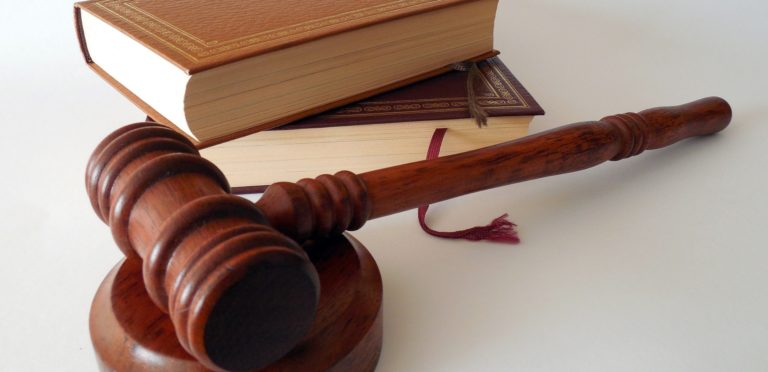If you are facing a DWI charge, a breathalyzer may have played a role in you being charged in the first place. This handheld device that you may have been required to breathe into is intended to measure your blood alcohol concentration (BAC), and a reading of .08 percent or higher puts you over the legal limit. The fact of the matter is, however, that the readings breathalyzers produce are not always accurate, and better understanding some common inaccuracies can help you build your strongest defense.
One: The Breathalyzer Is Not Properly Calibrated
The breathalyzer itself is a complicated piece of machinery, and if any one part is malfunctioning, it can significantly skew the results obtained. As such, police departments and police officers are required to ensure that the breathalyzers that they are using are regularly calibrated to help ensure accurate results. Your criminal defense attorney may decide to subpoena the records related to calibration and maintenance for the device that was used in your arrest.
Two: The Breathalyzer Was Administered Incorrectly
Police officers are required to be ready to take care of business in both of the following arenas when it comes to using the breathalyzer:
To be well trained in the breathalyzer’s administration
To know and follow the strict guidelines they must adhere to in the administration of the breathalyzer
If the officer who arrested you was poorly trained in using the breathalyzer and/or failed to follow proper procedures in its use, it can significantly affect your case. It is a good idea to jot down everything you remember about the officer’s implementation of the testing procedure and about your arrest in general as soon as you are able to do so – because the information you capture could prove invaluable as your case proceeds.
Three: You Ate Something that Skewed the Results
When we eat and drink, all kinds of chemistry happens in our bodies, and if you eat or drink something that is especially sweet or starchy, it can coat your mouth and/or stick to your teeth and ultimately create what is known as mouth alcohol. While the level of actual alcohol involved is very low, it is in your mouth, which means that it is blown directly into the breathalyzer – which, in turn, means that it can skew your results. Low-carb diets have also been known to taint the results of breathalyzers. If your diet is very low in carbohydrates, your body can produce ketones as a result, and these ketones can trigger a false positive on the breathalyzer.
An Experienced Killeen Criminal Defense Attorney Is on Your Side
Brett Pritchard at the Law Office of Brett H. Pritchard is a formidable Killeen, TX criminal defense attorney with extensive experience helping clients like you prevail against faulty breathalyzer results. We are on your side, so please do not hesitate to reach out and contact us online or call us at (254) 781-4222 for more information about how we can help you today







